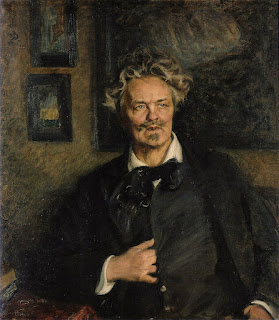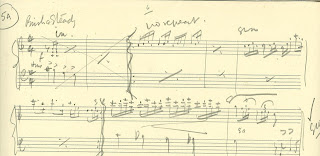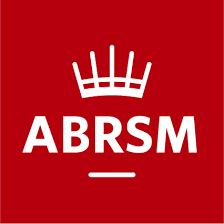Win a signed copy of Alwyn's biography

Win a signed copy of The Innumerable Dance: The Life and Work of William Alwyn by Adrian Wright! Boydell & Brewer is offering three lucky followers the chance to win copies of the book, in celebration of their 50 th year as an independent book publisher. 📌 The competition is running on their Music Twitter feed (@boydellmusic). ✨ Simply Follow and Retweet for a chance to win! 🗓 W inners will be announced Thursday 10th October! https://boybrew.co/2naDNVJ




